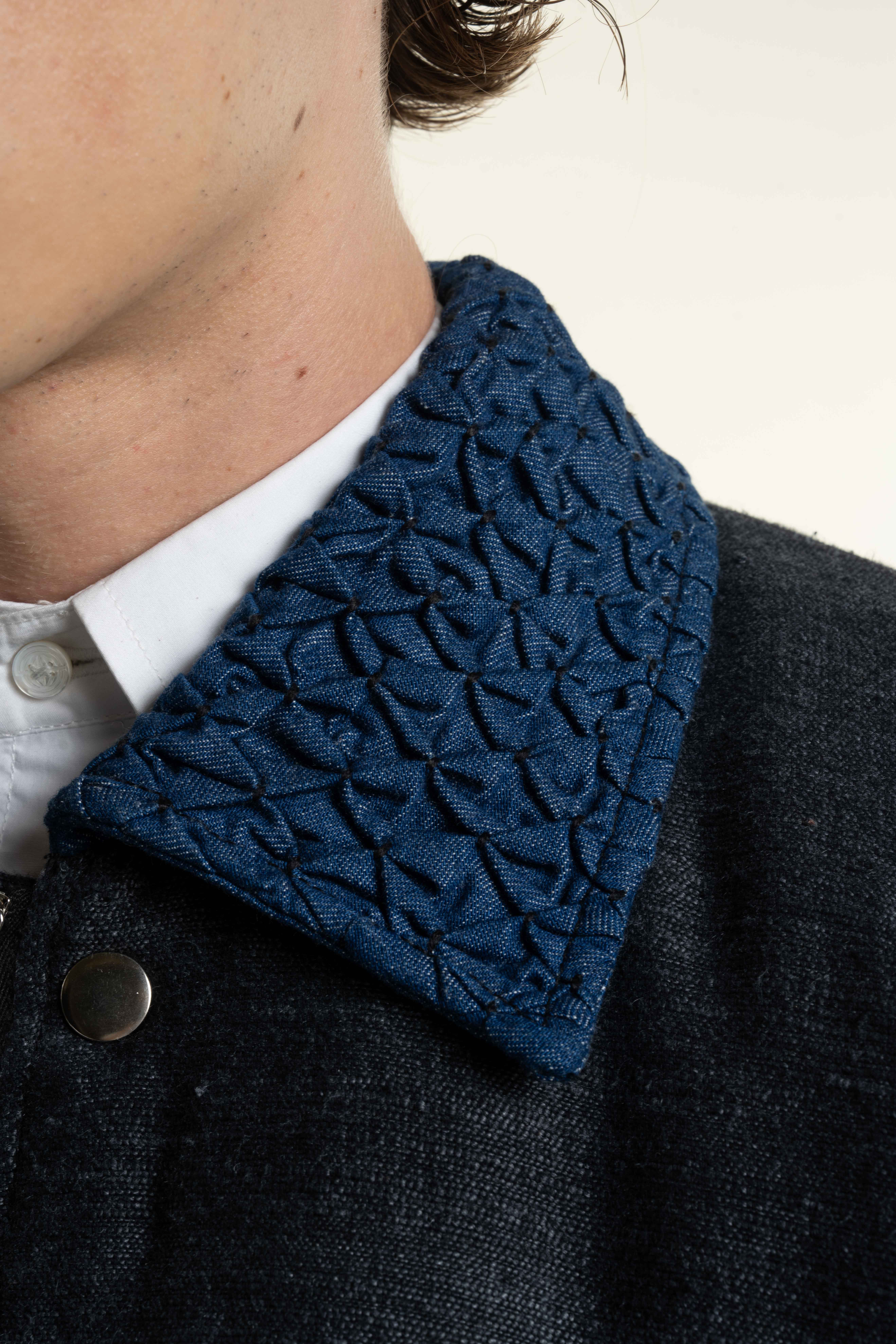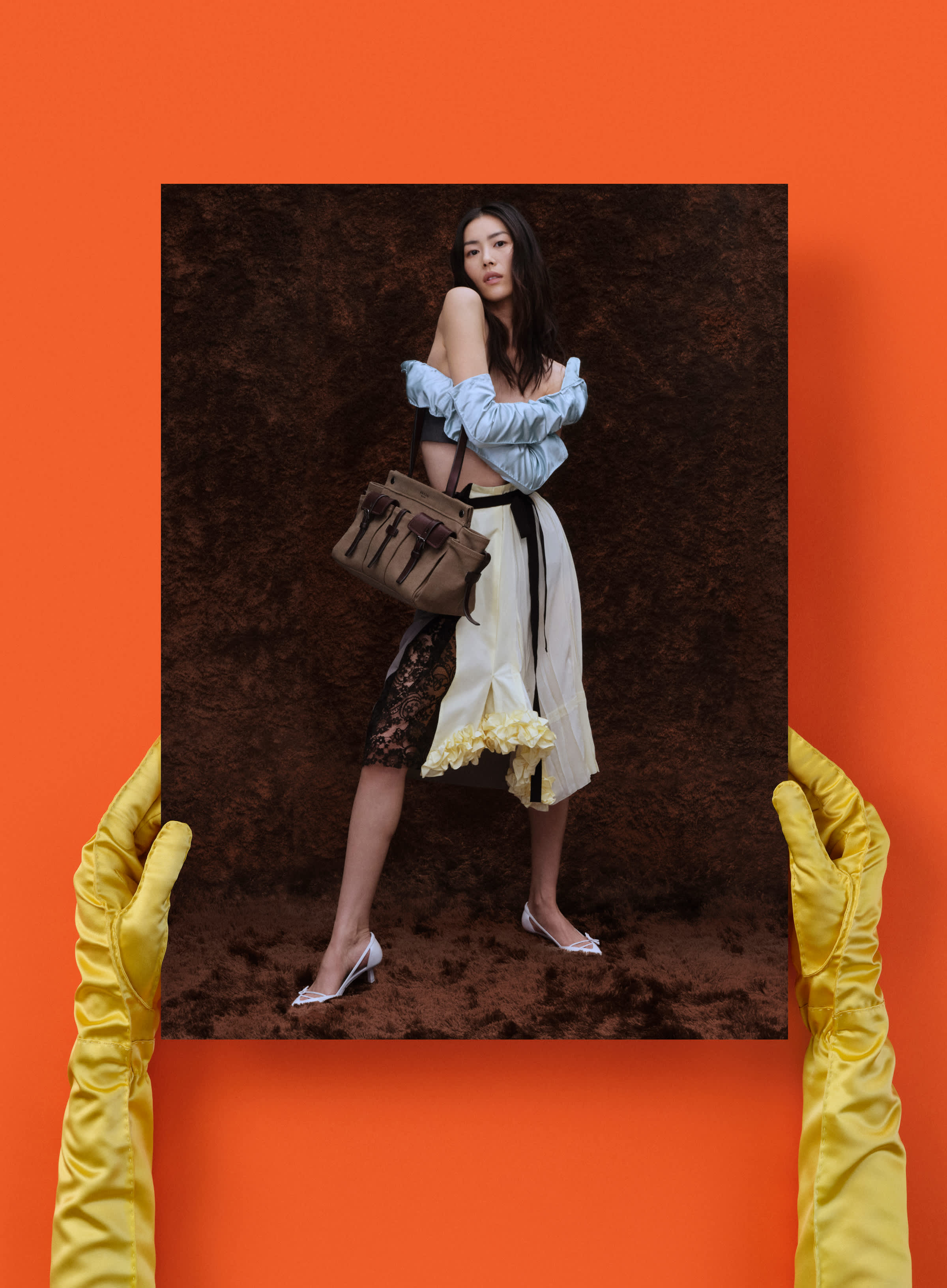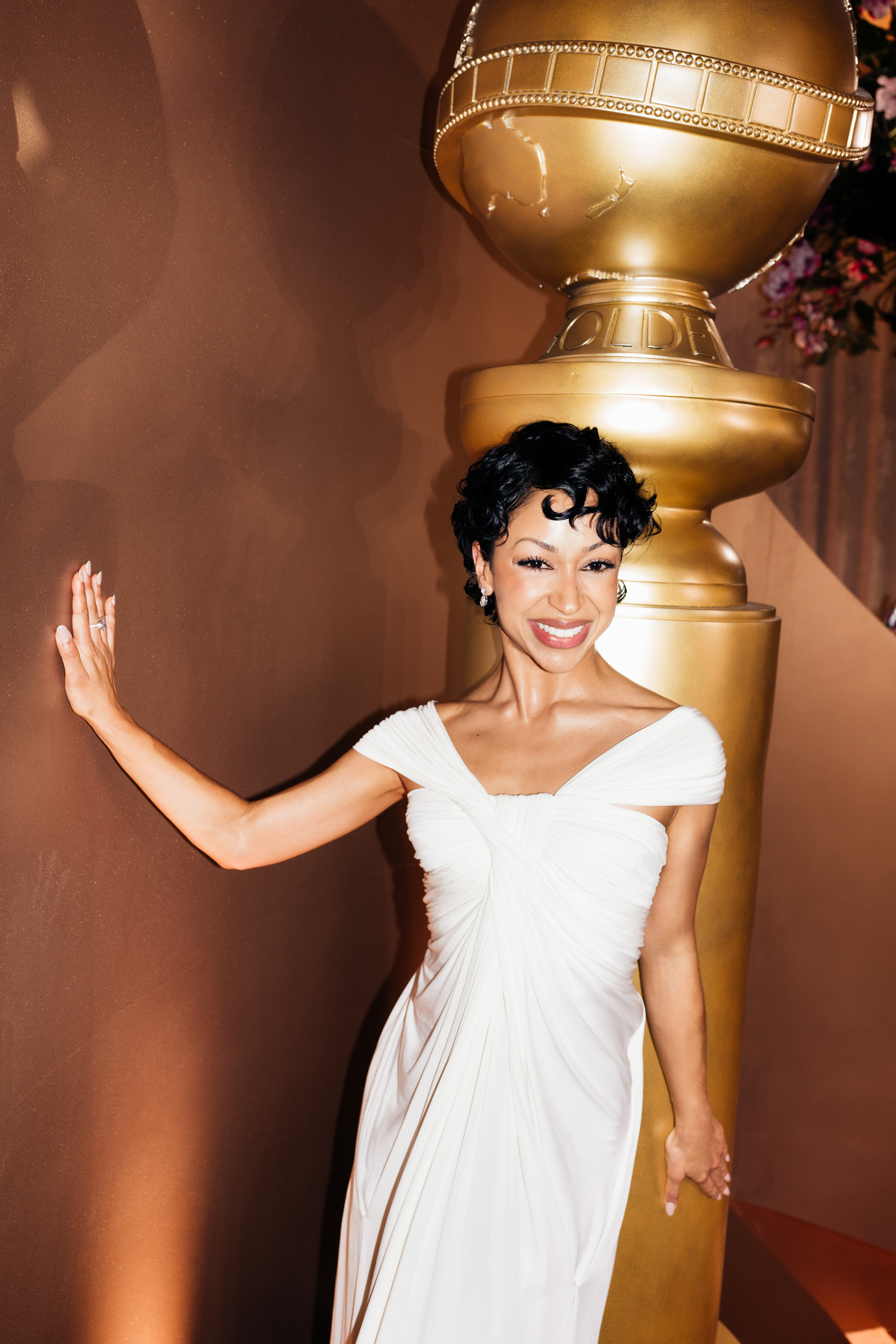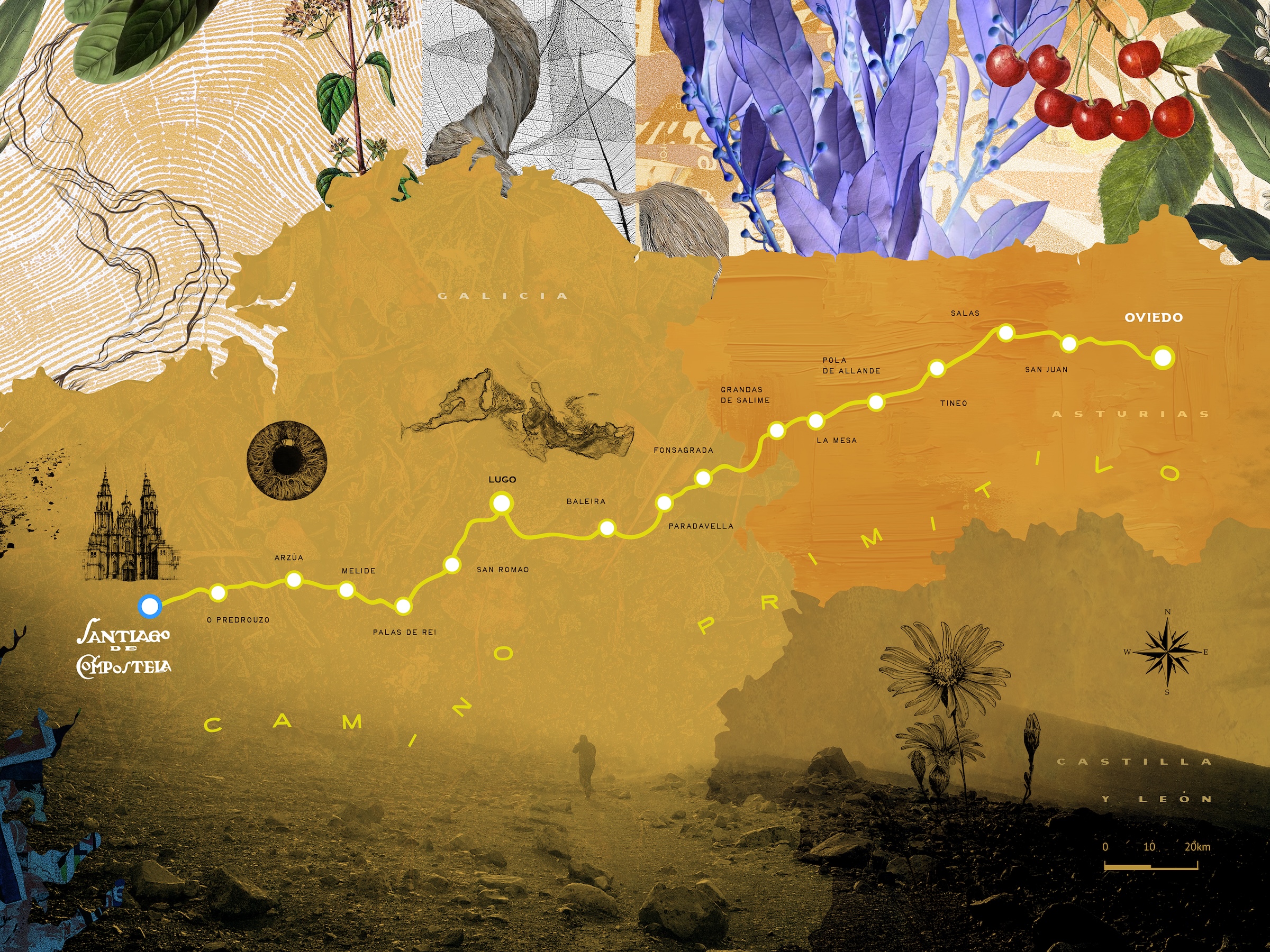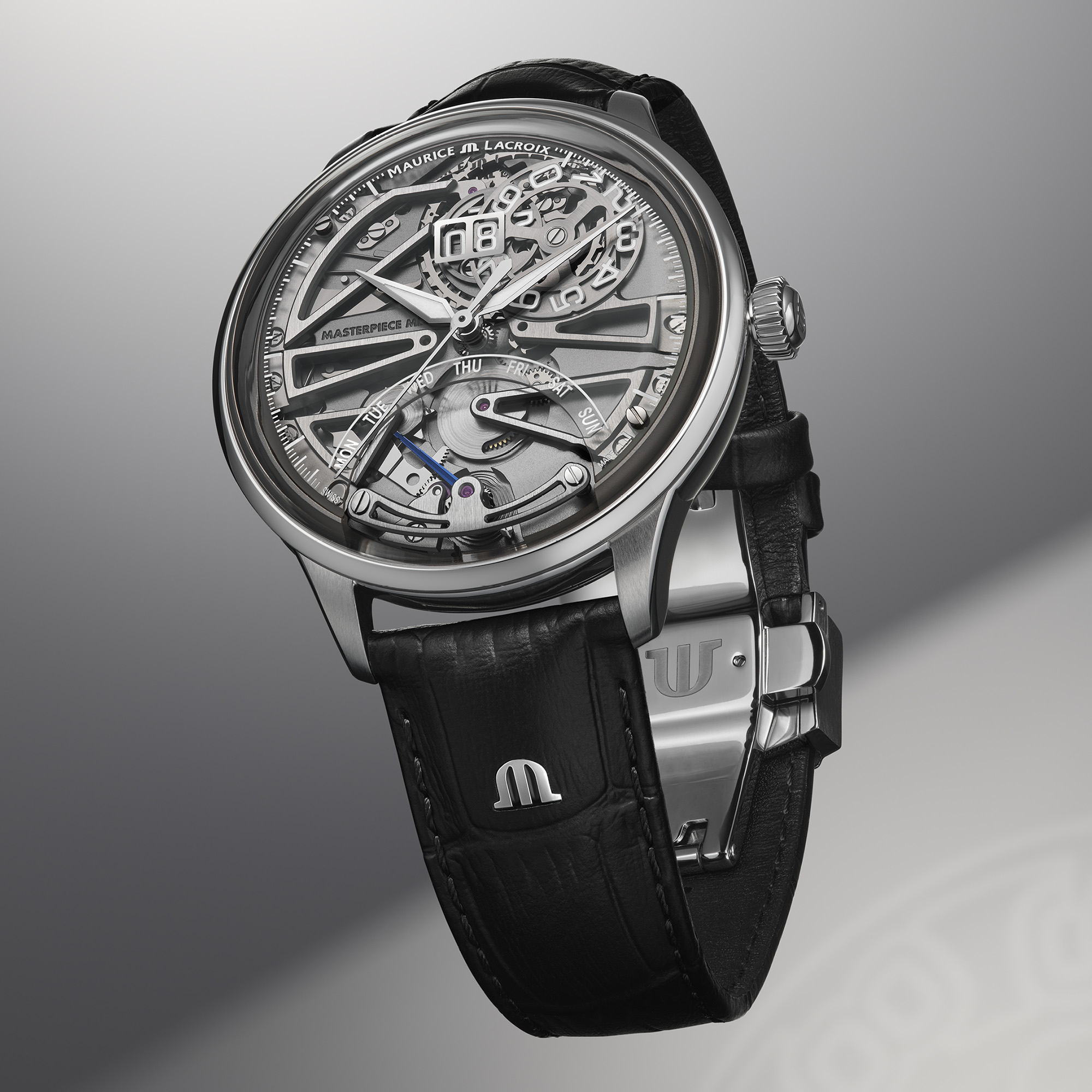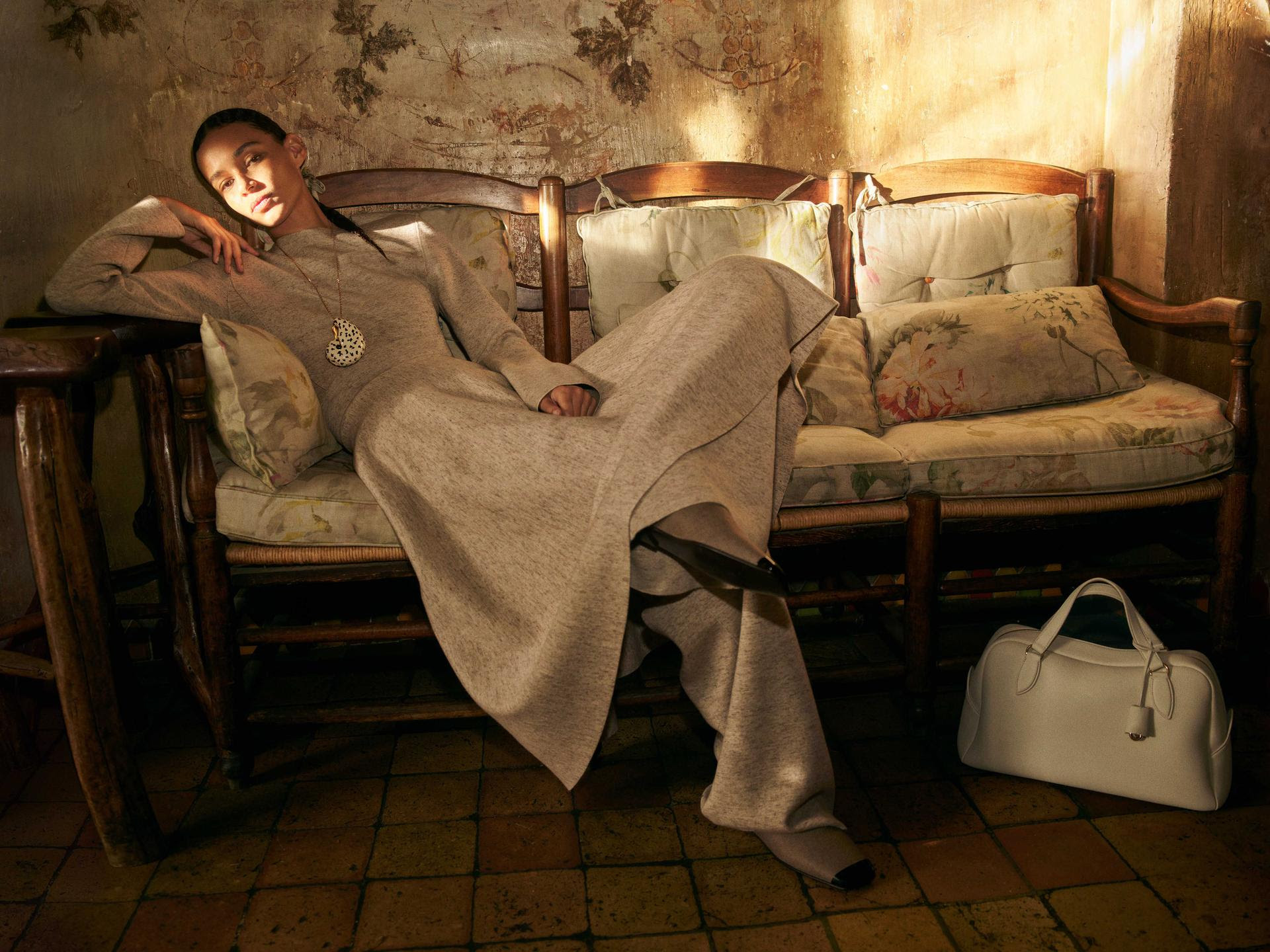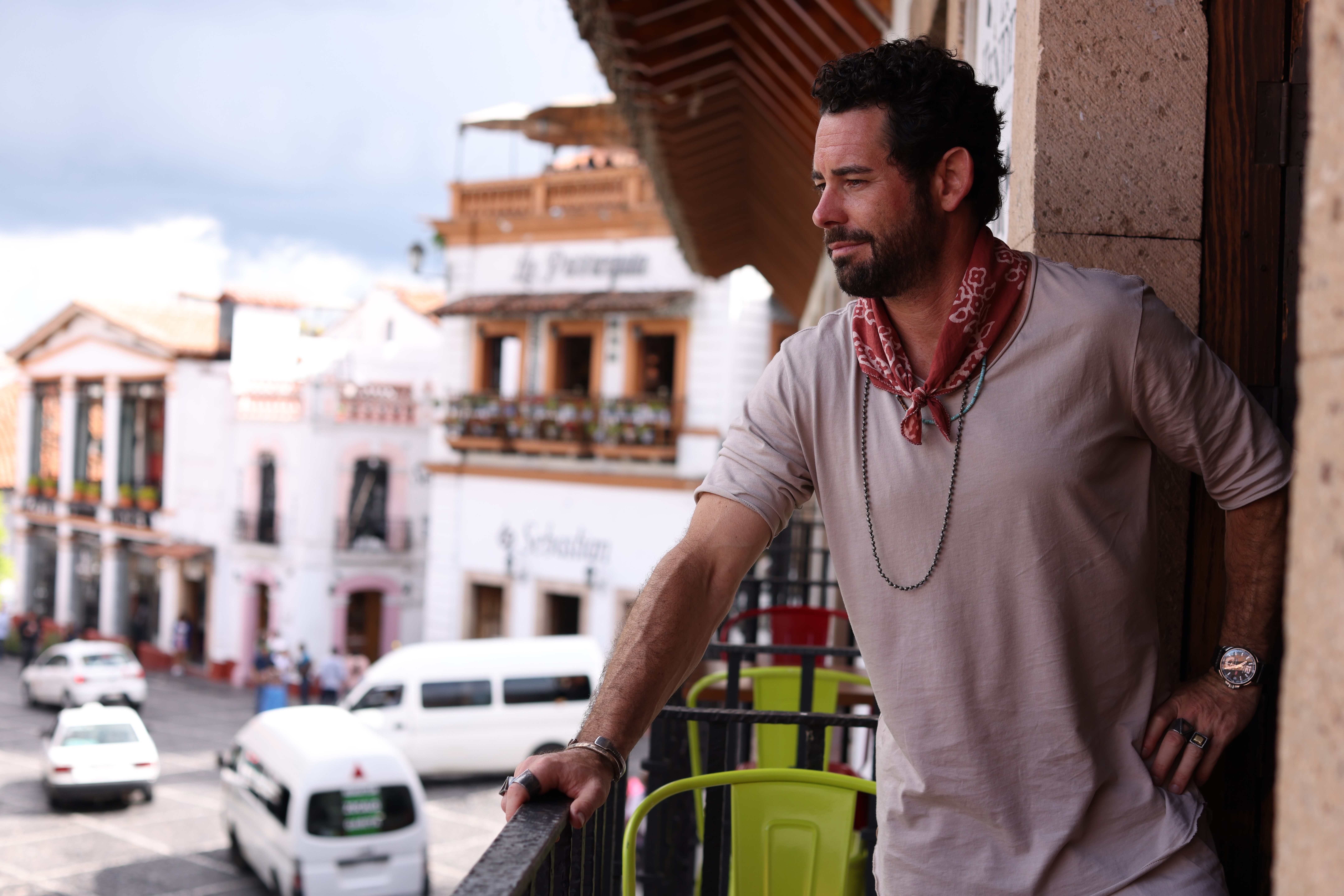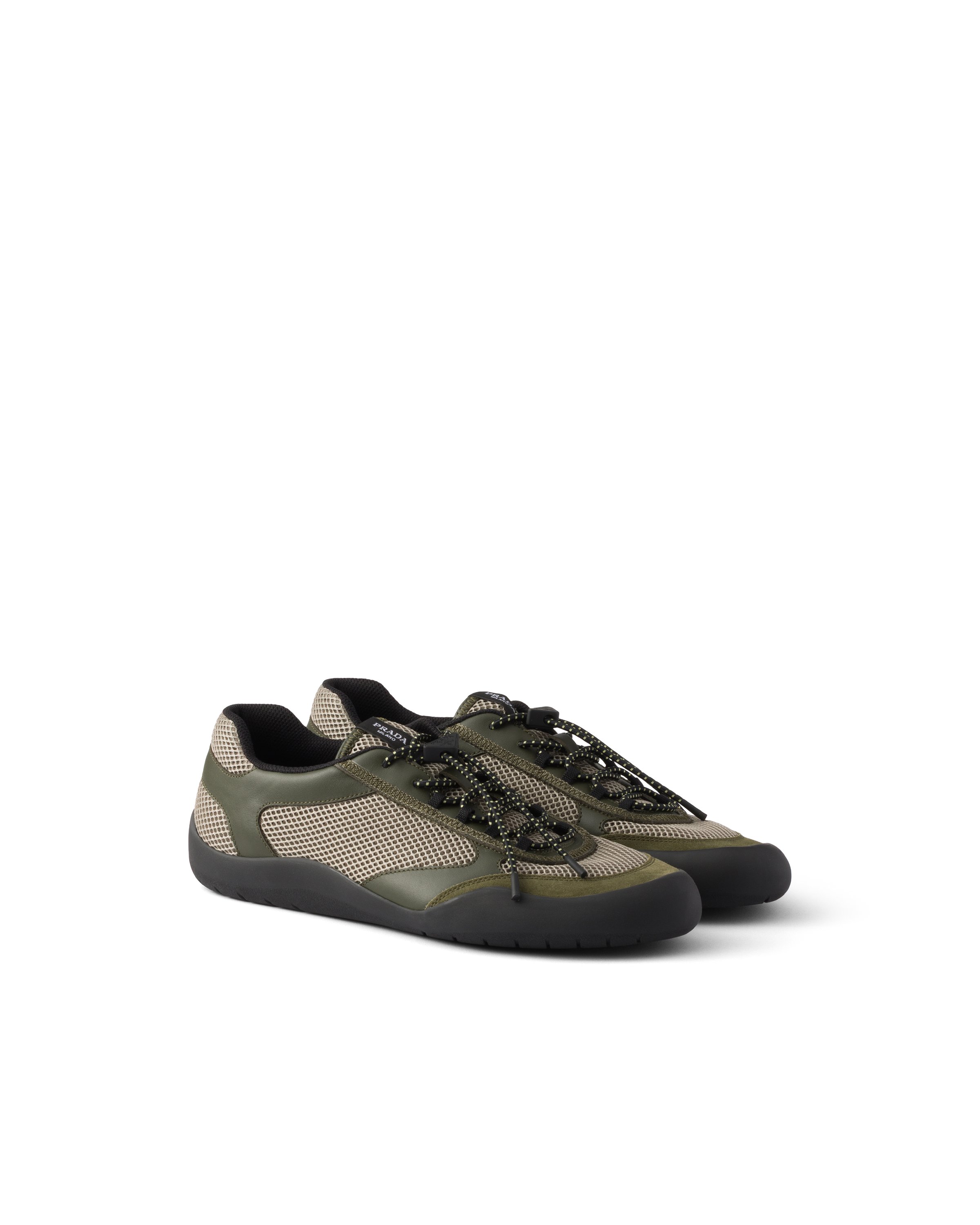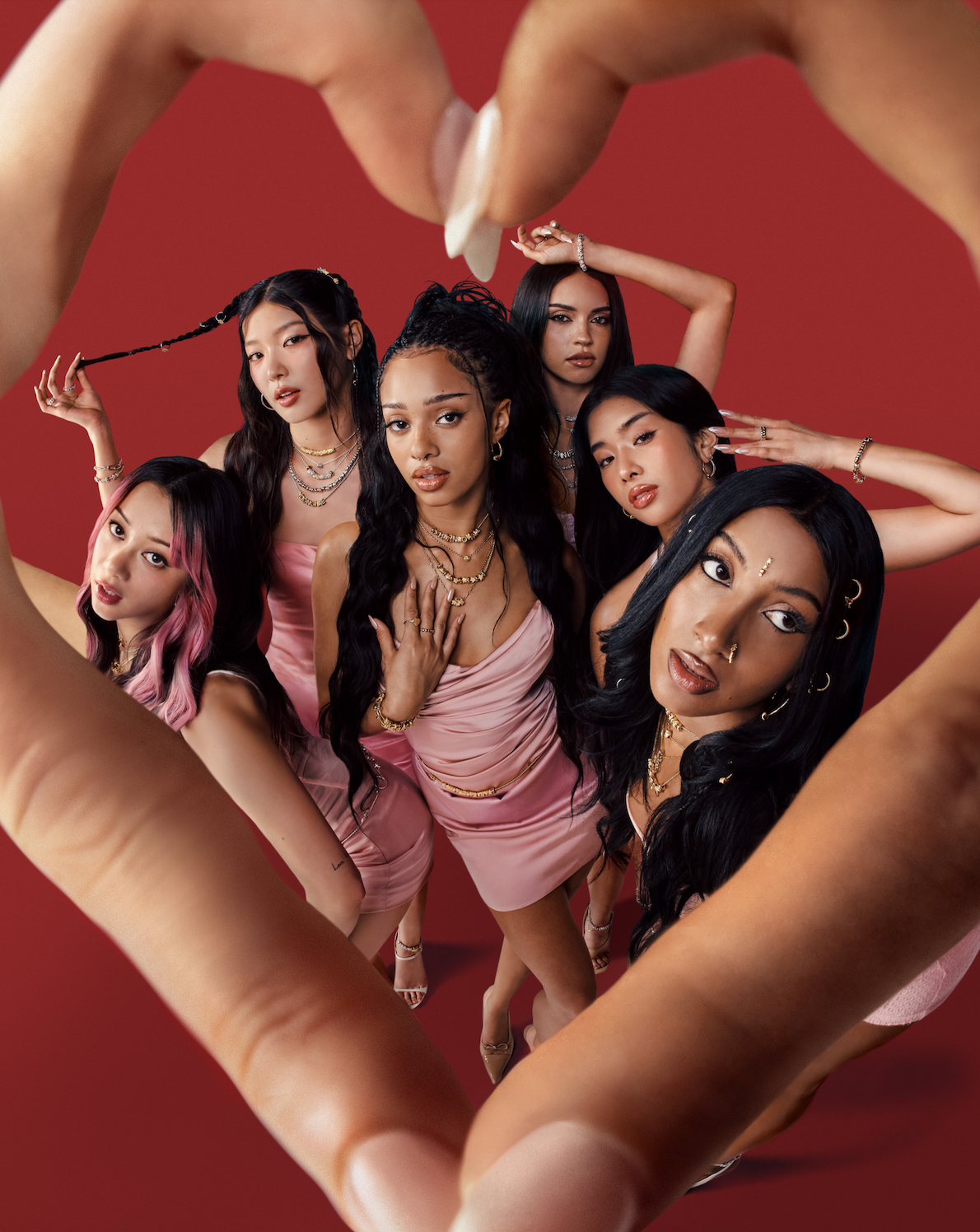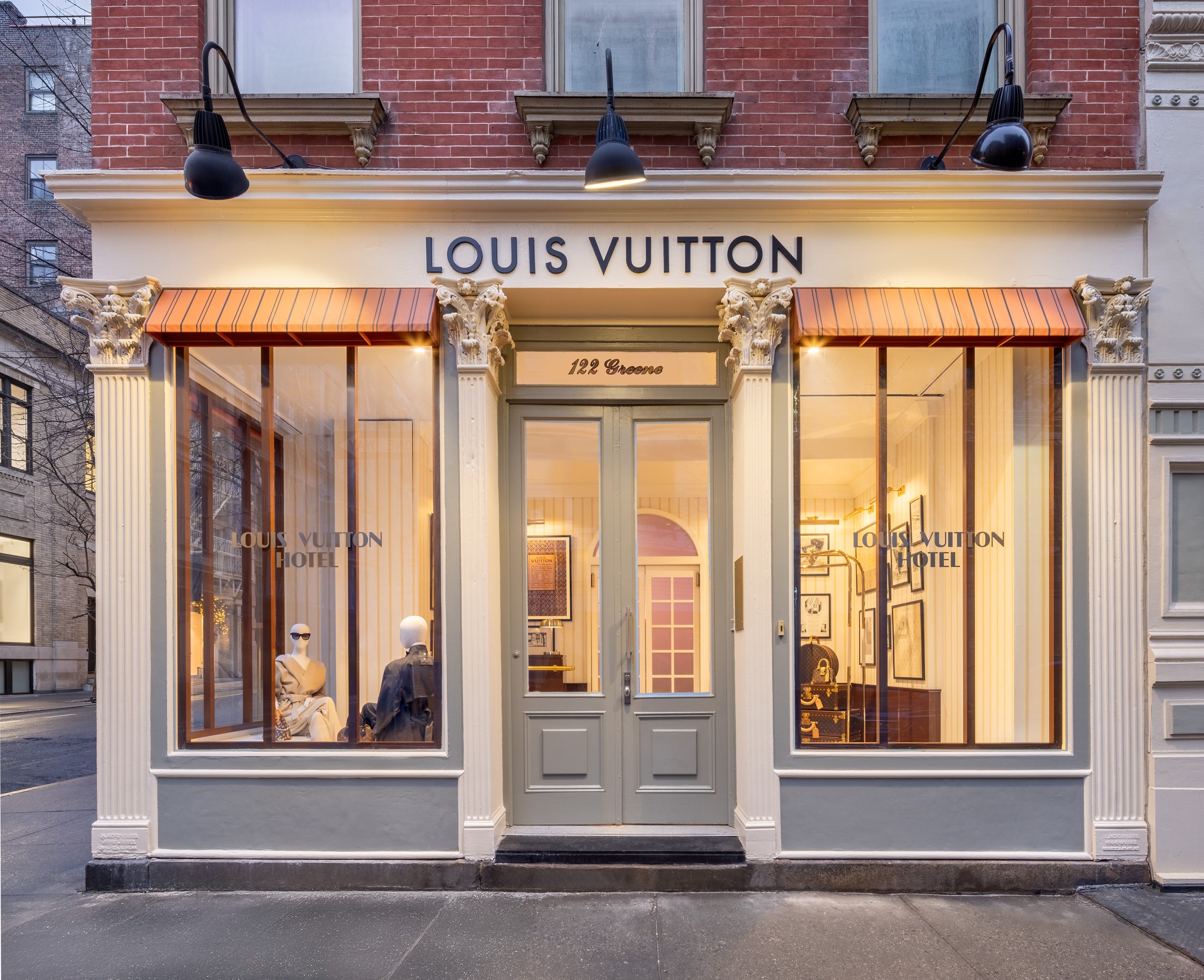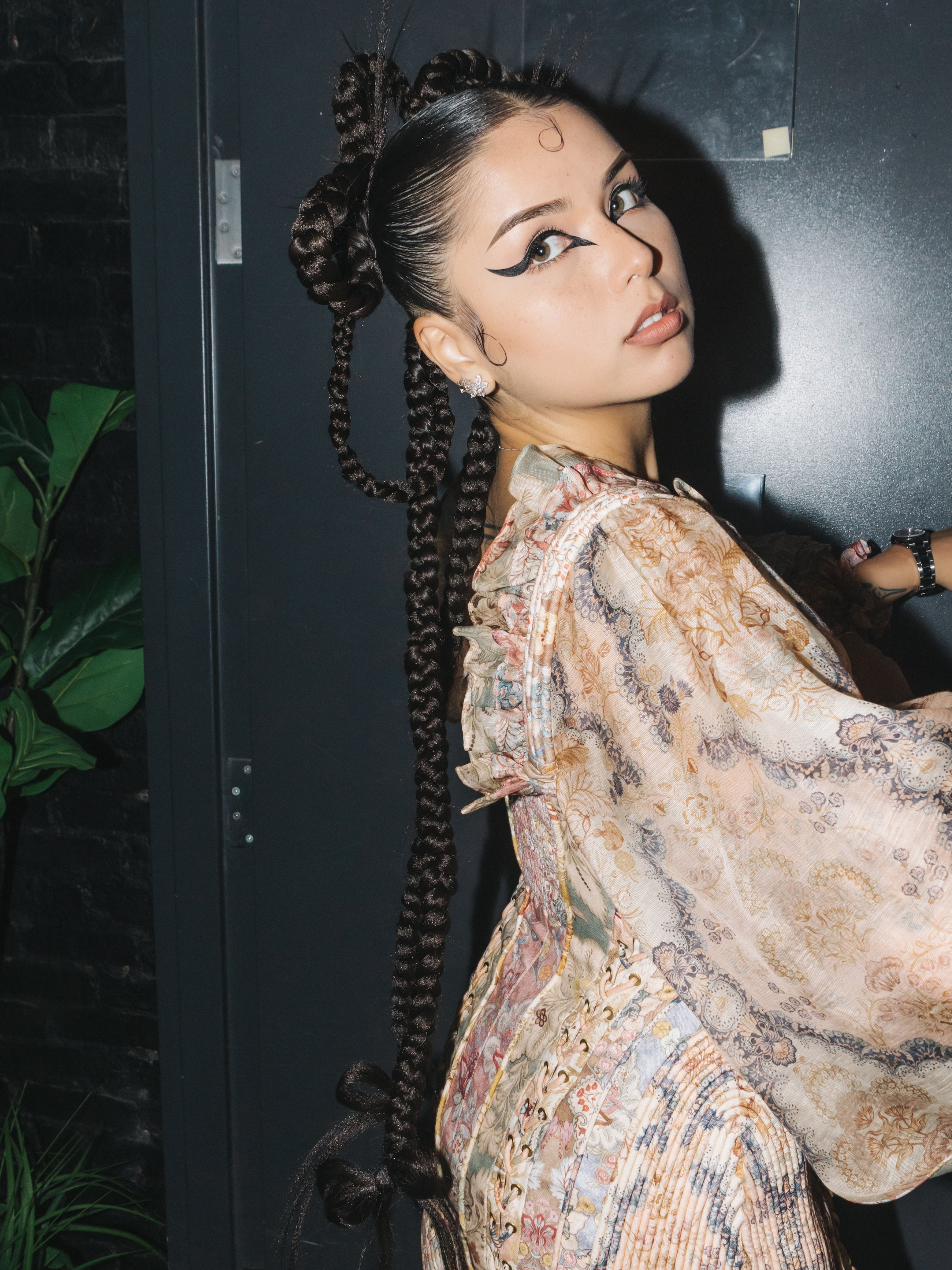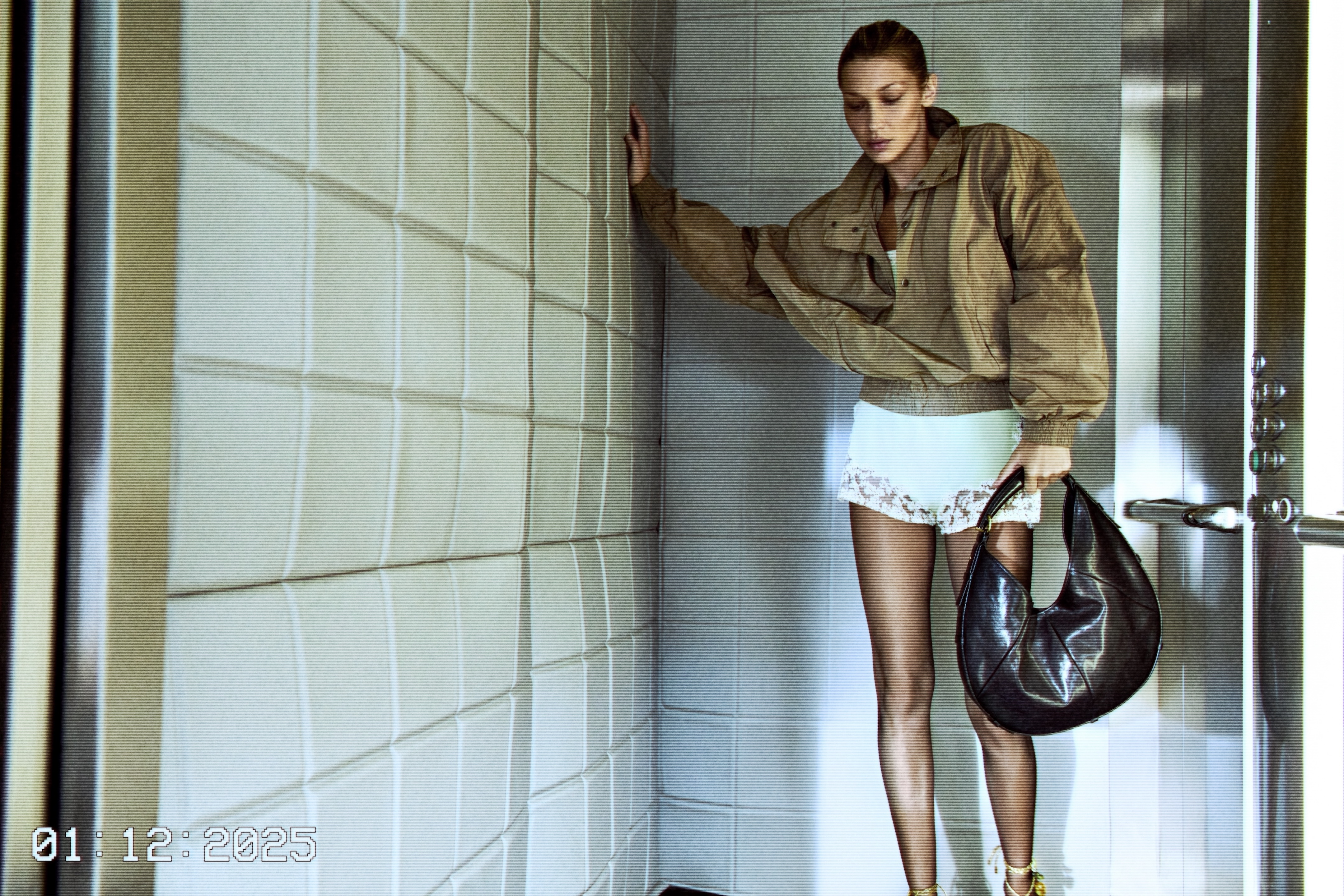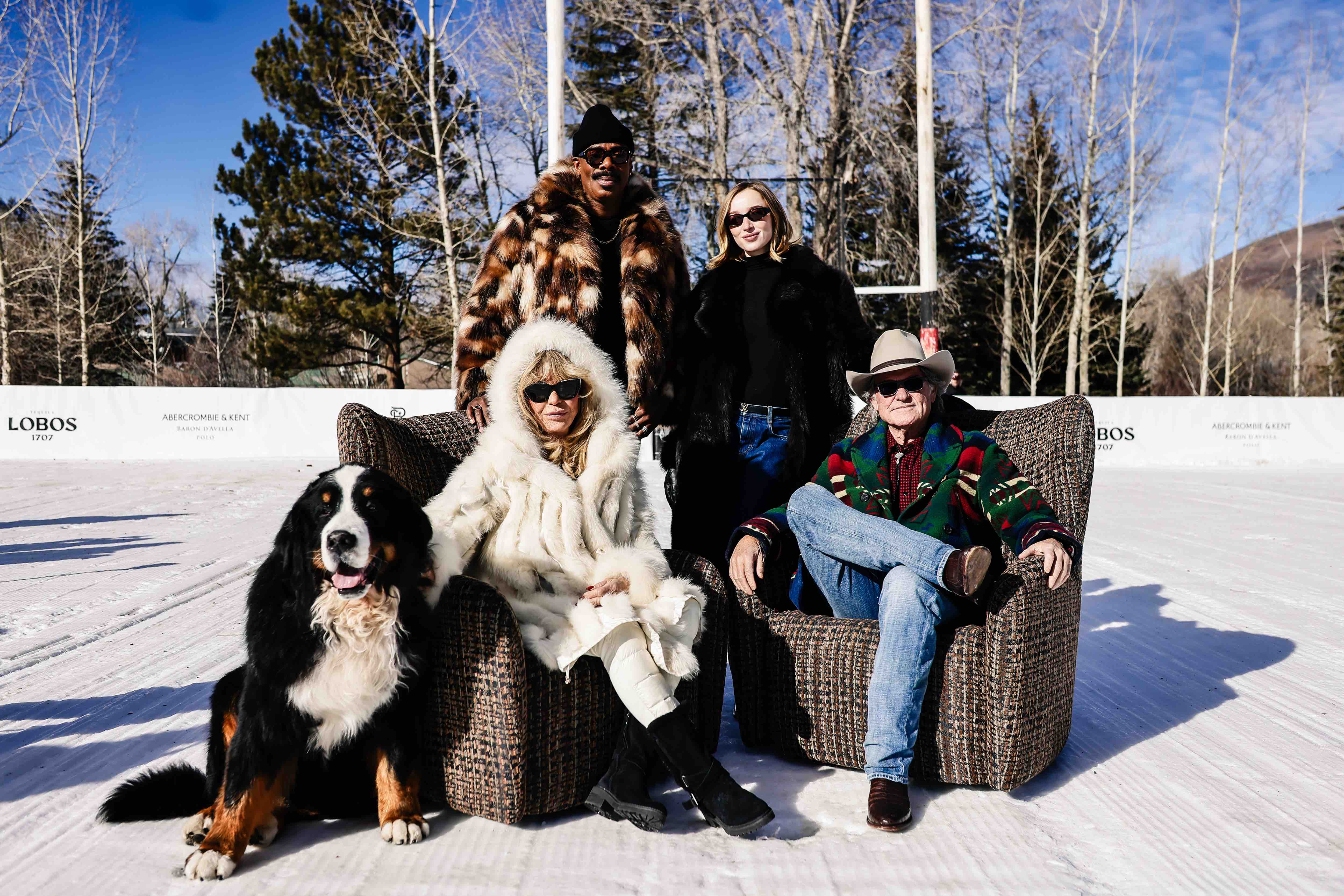

The least-interesting part of the story is this: In 1999, Warren Ellis stole a piece of chewing gum from a piano, wrapped it in a towel, placed it in a yellow plastic Tower Records bag, and kept it for two decades. The fact that the gum was Nina Simone’s, that she took it from her mouth, placed it on that piano, in that towel, in front of an awestruck Ellis, who then fell into the spell that she cast across the Festival Hall crowd, only to arise after her performance to find himself heading toward that stage, coerced by some mystical force, compelling him to abscond with the gum and the towel—that’s not the interesting part. It’s the _why_. Why did he do it?
“I couldn’t think of anything more tedious than a memoir,” Ellis writes, in [_Nina Simone’s Gum_](https://bookshop.org/books/nina-simone-s-gum/9780571365623), a book, which in many ways resembles a memoir, yet reads more like an adventure story about the magical journey of a tooth-marked bit of chewed gum cast aside thoughtlessly by a towering icon of 20th century music. The gum lay dormant, hidden for 20 years, until longtime collaborator Nick Cave asked Ellis if he had anything to contribute to an exhibition that he was curating for the Royal Danish Library.
The gum had been awakened by an idea. After a two-decade slumber in a Tower Records bag, the gum began to take on a life of its very own, a life nearly impossible to describe here, a life like Simone’s—something close to holy. Cave began texting Ellis. “We could exhibit the gum in its own glass case, on a fucking marble plinth, and one of those things you kneel on in church.” Ellis replied, “If you want it, I’d love people to see it. What greater piece of gum is there?”
On a recent afternoon, after the previous evening’s performance with Nick Cave at Royal Albert Hall in support of their latest collaboration [_Carnage_](https://www.nickcave.com/releases/carnage/), Ellis and I descended back into the tale of the gum over Zoom. What we learned is that Ellis might be done writing his book, but the story of the gum continues. On the gum’s own terms.
**First off, thank you for taking the time to read a portion of _Nina Simone’s Gum_ to lead us into this conversation.**
It was a great idea to do it. You don’t find yourself headlining the Royal Albert Hall very often. It was quite poetic, reading that opening chapter in that place. It hadn't dawned on me, but to be reading about this early childhood memory while sitting in one of the most awesome concert halls in the world, where Muhammad Ali boxed. To be reading that little story in there felt quite profound to me, on a personal level.
**In an interview you recount in the book, Simone considered that performance at Festival Hall to be one of her favorites, along with another she did at Royal Albert Hall. So, along with Ali, her spirit was there with you as well.**
Right. It's interesting—the serendipity of things around this book and the story. There were so many people at that concert who had this incredibly profound experience seeing her perform. But when I began researching that particular show, there wasn’t a lot of stuff besides my own memory of it. Then, I found an interview where a guy talks about having a bubble bath with Nina Simone backstage, which is just awesome. So, she’s had a bubble bath, she’s ordered Cristal champagne—she’s got some cocaine, champagne, and sausages from my mate that does the sound for the festival. Then I find this interview where she is asked what new artists she cares about these days and she says, “I don’t.” And, as you mentioned, she is asked about what her favorite concerts have been and along with Royal Albert Hall, she mentions Festival Hall where she had just performed for Meltdown. Her reason was the audience, the response of the people. That too felt like an incredible moment of serendipity. It seems to happen all the time with this story, including all of the amazing people that I came in contact with and who got underneath the idea of it. I still can’t believe my luck.
**The book is filled with a cast of characters who helped you with the object itself—preserving it, displaying it, casting replicas from delicate molds that give a wonderful tension to the story too. You keep reading because you need to know what happens to the gum.**
I was introduced to jewelry designer [Hannah Upritchard](https://www.instagram.com/hannahrings/) who copied the gum for me, which could have gone so horribly wrong if I’d got the wrong person. My friend goes, “I know who should do it.” He was totally right. That thing of handing the charge over to somebody else, I couldn't believe my sort of luck that as well.
Last night, after the concert, Christina Back was there and she’s the head curator at the Royal Danish Library. She was at the show. And I said to her, “How’s that bit of gum doing?” And she's like, “Well, we we've constructed a special box since the exhibition closed down, it's contained within the glass jar, but it's in a hermetically sealed container. We've researched the kind of preservation conditions for chewing gum.” She goes on to explain how it has its own unique container now. I find this stuff to also be beautiful—this care, this ongoing care. So, I asked her, “What happens to it next?” And she's like, “I need to talk to you about it because I think it's going to kill me, this gum. I just can't deal with the responsibility anymore.” And I'm like, “Well, I can't either.”
**What will happen to it?**
I don't know what to do with it. If the exhibition tours, then it will go on tour for four or five years or something, which I'm really happy about, because then more people can see it if they want to. But her concern is that she cannot cope with the stress and anxiety around it. And this this is the curator of probably the most important library in Europe! They have Hans Christian Anderson’s manuscripts and things like that. I guess this is the wonder and awe in the book, that it’s _all_ people's imagination. It’s the most banal object, but it's what you cannot see that makes it—for some people—incredibly powerful.
**The gum comes to life in the mind of the person viewing it. It can mean anything to anybody.**
It’s like ideas. People are ideas. The things that we can’t see about them need to be unleashed by crossing into other people’s lives. Sometimes these people you've encountered can draw out the best in you, they can see something in you and say things like, “This is really good, what you've written. This picture you’ve drawn is great. I like this. What we’re playing is really good.” It’s the people who can see something in you and encourage you. It’s about affirmation. I didn't anticipate this when I wrote the book, but it has a much bigger story attached to it than its title, which is kind of misleading maybe.
**You have countless Samsonite briefcases full of the things that you’ve gathered over the course your life, small objects that fascinated you and that you’ve alchemized into something nearly spiritual with your attention and care. I'm hesitant to use the word gift, because maybe it's not the right word, but do you feel as if you have an acute ability to see something in objects that other people can’t? In the book, when you go buy your first violin with your father, you write, “I stood at the door and looked with wonder at this room… All of these instruments. The potential.”**
I remember that incident really clearly. I can remember the light in the room, and I even remember him opening the door. It was extraordinary because the room was just full of stuff, stacked up to the door. He was just some old guy my dad knew. I didn’t even know what anything was in there, but it was just so wonderful to me. I don't even think I saw potential in things then, but I like the fact that you used the word spiritual, because I realized, while writing this book, that I've been searching for some spiritual connection to something all my life. I was told about God when I was a kid, you know, and my dad read prayers to us and things like that. I don't know what my dad's connection to the church was, if he believed in God, or anything, but there was a time when he would say a prayer for us every night at the bedroom door. Somehow, I believed in God and Jesus because it's just what I was told. I have a different take on things now, but I need some spiritual connection for me to feel like there's some point to it all.
**Have you found any of these life-affirming spiritual connections that you’ve been seeking?**
I think the book showed me that my connection has manifested itself through my relationship with vibration and music and that kind of emotional and spiritual attachment. You know, when I first heard John Coltrane, I really thought God was talking to me. I didn't even know what it was. I just thought it was the voice of God. Same with Alice Coltrane—music that caused a fundamental shift in me. It felt like it was reaching for something not of this world.


**When you set out to write this book, it was about the gum. At first, you couldn’t see yourself in the story, or what role you played in it?**
I couldn't. It actually took \[screenwriter and friend\] Oren Moverman to point that out, that it was about me and that I needed to look at why I took the gum. He goes, “The reason you took it. Why did you do it?” I said, “I don't know why. I've never asked why.” And he goes, “You think it's about the gum, but it’s not. It's about why you cared enough. Out of two thousand people, you took it and you've taken care of it.” And I'm like, “Wouldn't anybody?” And he goes, “Clearly not!”
**As you said, people are ideas. He was the idea that helped bring the story out of you.**
He pushed me to go further into it and see the connections between things. That's when I realized there were all these phenomena of light occurring throughout my life. I’d never forgotten those stories, those moments I’d had with the visiting apparition of Beethoven on three occasions. The memory of this light triggered my memory about the incident that I start the book with, which is that childhood memory of a shared experience with me and my brother and the clowns. I told Oren this story and he said, “Oh, Warren. That’s your first supernatural experience!” I said, “What do you mean?” And he said, “That’s probably defined who you are today. The fact that you've embraced it. The fact that, for you, it's real. The fact that you've never questioned it. If you had gotten scared and looked away, it could have changed your life.” People talk about their first spiritual moment. A supernatural moment and what you decide to do with it, that determines who you are.
**You mention that writing this book was the first time you experienced fear while creating something. Or, that you had used fear in the past to fuel your music, but with writing it was more of an obstacle.**
Yeah, totally. It was really paralyzing. I've been making music for 30 years and it's still a mystery to me. I hope it's always a mystery to me. I've found a way to work in there. I don’t know why it keeps evolving. I don't really know. I don't even know if it's successful or not. I just know in terms of growing, that it’s evolving and that's the most I could have hoped for. Writing this book was something different.
**In what way?**
It was like giving a painter a tuba and saying, “Hey, make us a record.” It was not like telling a story like this, just talking with you. The process of writing was really quite confounding for me. So, to actually get to the end of writing it and to find that it had become about something else, was really quite surprising to me.
**That is the unconventional wisdom: If you already know exactly what your book is about before you write it, it's not going to be any good. The act of writing tells you what the story is.**
I know this to be true with music. But, as I’ve said, I had no experience with this, and I didn't know the process. With music, when things are scary in the studio, those are the things you jump on. In a way, your radar is down. If it’s too comfortable, you probably haven’t buried the thing you were trying to rip off deep enough.
**Fear is helpful in music, but it’s paralyzing for writing.**
Fear is maybe the wrong word. Maybe it’s the anxiety of “this sounds different, I don’t really get it.” That’s what I go toward with music, whether it works out or not—when it feels like it could become something. As opposed to something you play and you’re like, “Oh, cool. This sounds like T. Rex. Let’s just leave that for T. Rex then.” \[Laughs\] With the writing, there were some days I'd sit there, and nothing happened at all. Other days, I'd look up and it'd be dark outside, and I’d realize I had been sitting there for 10 hours writing. I didn’t even know it was going to be published, even though I had a contract. But I did keep thinking, “Shit, someone might actually read this.”
**And that’s not an anxiety you experience when composing music?**
I've never felt misunderstood in my musical life because I've never written a word. So, people that come to my part in it, whether it's with Dirty Three, a soundtrack, or even what I bring to the Bad Seeds, Grinderman, and the stuff I do with Nick—people either like it or they don’t. I think the average person has a better understanding of words than they do of music. You either respond to music emotionally, or you don't. It talks to you, or it doesn't. And I've always loved that about instrumental music, that it can talk to you, speak to you, and you don't even have to understand it.
**At the risk of sounding like a psychoanalyst, you mention the “essence of things” often, which is a big part of what your book is about it. Whether it’s the violin you chose, or the accordion you picked up, or some object you found and felt compelled to keep. I still feel like you don't see in yourself this ability you have to see the “essence of things,” especially when you unquestioningly accept the vision of the clowns and the visitations from Beethoven, which are pure essence. Yet, you describe seeing Nina Simone on the night you took her gum as an “unbelievable” experience. It’s almost as if you are more mystified by tangible things because you want to get at their essence. When you are visited by pure essence, you don’t question it. And you see it, in things like Nina Simone’s discarded gum. I’m not sure if this is a question, but it’s definitely a thought.**
\[Laughs\] Well, yeah, I take your point. I never questioned those things. When a few people had read it, they would ask me, “What do you think that was all about? The stuff with the clowns and Beethoven.” And I was like, “It’s about what I wrote. I believe it. It is what it is.” We create the world around us. When you watch a movie with a hundred people, everybody is seeing a different movie. Everybody is reading a different book. Everyone sees the world in a different way. How we react to people says more about us than it does about the person. We are just seeing it all through our own filter. So, when these things happened, these visions, I never questioned them _at all_. It never even entered my head to wonder if these things were real or not. In the same way, it’s like when I took the gum. “Why did you do it?” I never even questioned it. Maybe this is just in my character, ever since I was a kid. There are some things I just don’t want to know are not real.
We define the world for ourselves. And the way the world goes can be as whacked out as you want it to be, or you can reign it in, or you can let it run wild. Look at Sun Ra. What a great example. Who cares where he was born? \[Sun Ra claimed he was from outer space, specifically an alien from Saturn.\] The imagination he engaged in with people is just phenomenal. That’s what ideas are there for, to engage the imagination.
The thing that I found so fascinating about this story with the gum, that only evolved after I released it for the exhibition, was that it drew people together and it was all love and care. Love and care. People just got underneath it, like you need to do with ideas. To hear Christina talk about it last night was so beautiful, because she’s talking about absolutely nothing. I find that really beautiful. For me, it’s the essence of spirituality. It’s the essence of that thing, where you don’t have to see something in order to believe in it. It’s like, “Well, show me the cross that he was nailed on.” I don’t even care. I don’t want to see that. But the idea of it? It’s beautiful.
**You also use the word “custodian” throughout the book. And it sounds like you’re saying you are the custodian of your own life experience.** **In your own work, you operate as a custodian, in service to everything that you create.**
Yeah! Looking after that piece of gum feels symbolic of a lot of things. There are things that act as signposts to jog our memory, and our memory is what defines us. Conversations about people who are dead keeps them alive, until we are no longer alive. Or the fact that we can pass on something, like an old cigarette lighter that someone’s grandfather had during the Second World War. It passes down the line of generations and they have something in them that engages your imagination. The story can be in an object that’s been passed on and that’s really fabulous. It really only exists when it’s in our orbit and then it’s gone. No one else can pick up that object and know what’s in there. The difference with this piece of gum was that when people found out about it and asked to see it, some would be in tears when they looked at it. I found that to be incredible because it spoke about her. It brought Nina Simone into our presence.
**You write in the book that FKA Twigs didn’t even want to touch the replica you had made and wore around your neck.**
Twigs did not want to touch it. \[Laughs\] She was like, “No way!” She even backed away from it. It was really amazing. I also found it really fascinating when people who heard about the gum, but didn’t know who Nina was, but loved the idea of this gum that had been kept for 20 years. The story just keeps going and it’s really about people’s imagination. There’s a play I really like, _Equus_ by Peter Shaffer. Do you know that play?
**I’ve seen the movie. With Richard Burton, I think?**
Richard Burton, yeah. You know that scene where Richard Burton is sitting there and he’s going, “I’ve been married for 40 years, I haven’t kissed my wife for 38. I’ve got these books of the gods, I travel to Greece, I look at monuments, and I think I am connecting with something.” And, yet here’s this kid in a field, riding a horse in Wales or wherever, he’s naked and his sweat is mixing with the sweat of his god. He’s communing with his god. And Burton says, “You tell me who’s insane.” I remember reading it in my early 20s and that really struck me, the power of that. That we can create our own gods. I have to say, I'm enjoying this conversation. I enjoy talking about this book more than I've ever enjoyed talking about a record I’ve made.
**Why do you think that is?**
It’s interesting, because I see different things in it now that it's finished and it's out there and people are engaging with it. It's very different to a musical thing. You make stuff and it doesn’t exist until it’s out there, with people. Then it gets a life. It’s been fascinating to see the life this book has been getting. I never really had any expectations for it. I wanted people to make their own connections with it. I wanted the book to read _them_ so they could see their own story in it.
**In the book, you refer to the tale of Thomas Edison’s final breath and how Henry Ford implored Edison’s son to capture it in a test tube and put a stopper in it so that he could display it as a keepsake. Relating it to the chewing gum, you write, “The concert was in the gum. That transcendence. That transformation.” After handing it over for the exhibition, you worry about having broken that spell. “Had I taken the stopper out?” But, in reality, _she_ did. What better artifact to have from one of the greatest singers to ever live, than the stopper she removed just before she unleashed her gift to that crowd, with you in it.**
That’s lovely. I never really thought of that it that way. I wonder what’s in it. Her DNA? But I genuinely don’t know what to do with it. It’s funny, because [Southbank](https://www.southbankcentre.co.uk/archives-collections) heard me on the radio talking about it and they quickly called up my publisher and offered to acquire it from me and archive it. They have other stuff from her performances that she left behind. They’re interested in the towel and the bag. Now that I’ve got it out into the world, I kind of don’t want it back. It feels as if it’s part of the collective consciousness now. We’ve made a sculpture and I want people to be able to see it. I want people to be able to see the real piece of gum if they want to. I just have to work out how and where and all of that. I’m going to build a big one, you know.
**I wanted to ask you about that, because you speculate about it in the book—the size and scale and where you would put it for people to visit.**
We’ve actually built one about the size of a heart, like a fist. We just have to find someone who will house it. In the meantime, back in February, with everything going on in the world, I became more aware of community. The sense of community. Seeing people rally and deliver food—it’s like we’ve sort of reconnected with a sense of looking out for people. I got involved with an amazing organization in Sumatra and I bought some land and donated it. We’re building this park and I can’t imagine my life without it now.
**Do you see this** [**animal sanctuary**](https://www.ellispark.org/) **as an extension—or connected to—all of the creative work you’ve done up to this point?**
It feels like it, in the way that ideas get out into the world, and they take flight if people get under them. The Park is like that. I put it out there, we got financed in a couple of months, people were doing auctions—this amazing community grew around it. Next year—if the Covid calms down there, because they don’t have any vaccines, so they’re in shutdown and lockdown a lot—I want to build a really big one, about ten-foot tall, out of stone. At the moment, I would like to go there on a big boat trip and sail across the sea to get it there. I’ve got a mate who wants to film it.
**So, you’re saying you are going to build a giant replica of Nina Simone’s gum and bring it to Sumatra?**
I'm going to build a 10-foot one in concrete, or carved stone, and put it there for the bears and monkeys to play on and I’m going to unveil it.
**That is an incredible journey. From Dr. Nina Simone’s piano at Festival Hall to an animal sanctuary in Sumatra.**
Yeah! I love the idea that it's created this narrative. An idea is like that. It creates a potential narrative and it’s about whether or not you choose to follow it. There are all these ideas out there waiting and you just hope that they come into your range. It’s like people. What we were talking about before, that we are ideas in a way. We have all of these things in us, and it depends on who comes into our orbit to help bring them out of us. You don't forget the person that says to you, “Wow, this thing that you’ve done is really good.” It’s about affirmation. I like how this gum is leading the way, opening up things, and the fact that it put this idea in my head to build a big one, I just love that. I was talking to Nick about it and, hopefully, down the line, we’ll go there together. He said he’ll come and get a local orchestra and just play for the animals on a hill somewhere.
**It just occurred to me that you are creating Nina Simone’s first sculpture, posthumously. What you're actually building is a sculpture that she made with her teeth.**
Yeah, exactly! I never thought about that. I would like to think she would at least approve of the sculpture in the park. I don’t know what she’d think of all the rest of it. Who knows? The only thing I would really love for this book to do is for some kid to find a copy of it in a box for a dollar at a thrift shop, not know anybody who is in it, and think, “Fuck, I could do that.” That’s as simple as it can be.
**What Nina Simone record should he buy for a dollar after he finishes your book?**
Oh, I’d tell him to get [_Emergency Ward!_](https://en.wikipedia.org/wiki/Emergency_Ward_(album)), put on side one, crank it up really loud, and let your hair down. Get your freak on, as they say. \[Laughs\] If anyone that finds the book and finds something in it, then it’s achieved its purpose. I’m just grateful how people have rallied around it, and your comments about it. It’s more than I could have asked for. And if it does encourage somebody else to jump up and steal a piece of chewing gum, I say go for it.
 
The least-interesting part of the story is this: In 1999, Warren Ellis stole a piece of chewing gum from a piano, wrapped it in a towel, placed it in a yellow plastic Tower Records bag, and kept it for two decades. The fact that the gum was Nina Simone’s, that she took it from her mouth, placed it on that piano, in that towel, in front of an awestruck Ellis, who then fell into the spell that she cast across the Festival Hall crowd, only to arise after her performance to find himself heading toward that stage, coerced by some mystical force, compelling him to abscond with the gum and the towel—that’s not the interesting part. It’s the _why_. Why did he do it?
“I couldn’t think of anything more tedious than a memoir,” Ellis writes, in [_Nina Simone’s Gum_](https://bookshop.org/books/nina-simone-s-gum/9780571365623), a book, which in many ways resembles a memoir, yet reads more like an adventure story about the magical journey of a tooth-marked bit of chewed gum cast aside thoughtlessly by a towering icon of 20th century music. The gum lay dormant, hidden for 20 years, until longtime collaborator Nick Cave asked Ellis if he had anything to contribute to an exhibition that he was curating for the Royal Danish Library.
The gum had been awakened by an idea. After a two-decade slumber in a Tower Records bag, the gum began to take on a life of its very own, a life nearly impossible to describe here, a life like Simone’s—something close to holy. Cave began texting Ellis. “We could exhibit the gum in its own glass case, on a fucking marble plinth, and one of those things you kneel on in church.” Ellis replied, “If you want it, I’d love people to see it. What greater piece of gum is there?”
On a recent afternoon, after the previous evening’s performance with Nick Cave at Royal Albert Hall in support of their latest collaboration [_Carnage_](https://www.nickcave.com/releases/carnage/), Ellis and I descended back into the tale of the gum over Zoom. What we learned is that Ellis might be done writing his book, but the story of the gum continues. On the gum’s own terms.
**First off, thank you for taking the time to read a portion of _Nina Simone’s Gum_ to lead us into this conversation.**
It was a great idea to do it. You don’t find yourself headlining the Royal Albert Hall very often. It was quite poetic, reading that opening chapter in that place. It hadn't dawned on me, but to be reading about this early childhood memory while sitting in one of the most awesome concert halls in the world, where Muhammad Ali boxed. To be reading that little story in there felt quite profound to me, on a personal level.
**In an interview you recount in the book, Simone considered that performance at Festival Hall to be one of her favorites, along with another she did at Royal Albert Hall. So, along with Ali, her spirit was there with you as well.**
Right. It's interesting—the serendipity of things around this book and the story. There were so many people at that concert who had this incredibly profound experience seeing her perform. But when I began researching that particular show, there wasn’t a lot of stuff besides my own memory of it. Then, I found an interview where a guy talks about having a bubble bath with Nina Simone backstage, which is just awesome. So, she’s had a bubble bath, she’s ordered Cristal champagne—she’s got some cocaine, champagne, and sausages from my mate that does the sound for the festival. Then I find this interview where she is asked what new artists she cares about these days and she says, “I don’t.” And, as you mentioned, she is asked about what her favorite concerts have been and along with Royal Albert Hall, she mentions Festival Hall where she had just performed for Meltdown. Her reason was the audience, the response of the people. That too felt like an incredible moment of serendipity. It seems to happen all the time with this story, including all of the amazing people that I came in contact with and who got underneath the idea of it. I still can’t believe my luck.
**The book is filled with a cast of characters who helped you with the object itself—preserving it, displaying it, casting replicas from delicate molds that give a wonderful tension to the story too. You keep reading because you need to know what happens to the gum.**
I was introduced to jewelry designer [Hannah Upritchard](https://www.instagram.com/hannahrings/) who copied the gum for me, which could have gone so horribly wrong if I’d got the wrong person. My friend goes, “I know who should do it.” He was totally right. That thing of handing the charge over to somebody else, I couldn't believe my sort of luck that as well.
Last night, after the concert, Christina Back was there and she’s the head curator at the Royal Danish Library. She was at the show. And I said to her, “How’s that bit of gum doing?” And she's like, “Well, we we've constructed a special box since the exhibition closed down, it's contained within the glass jar, but it's in a hermetically sealed container. We've researched the kind of preservation conditions for chewing gum.” She goes on to explain how it has its own unique container now. I find this stuff to also be beautiful—this care, this ongoing care. So, I asked her, “What happens to it next?” And she's like, “I need to talk to you about it because I think it's going to kill me, this gum. I just can't deal with the responsibility anymore.” And I'm like, “Well, I can't either.”
**What will happen to it?**
I don't know what to do with it. If the exhibition tours, then it will go on tour for four or five years or something, which I'm really happy about, because then more people can see it if they want to. But her concern is that she cannot cope with the stress and anxiety around it. And this this is the curator of probably the most important library in Europe! They have Hans Christian Anderson’s manuscripts and things like that. I guess this is the wonder and awe in the book, that it’s _all_ people's imagination. It’s the most banal object, but it's what you cannot see that makes it—for some people—incredibly powerful.
**The gum comes to life in the mind of the person viewing it. It can mean anything to anybody.**
It’s like ideas. People are ideas. The things that we can’t see about them need to be unleashed by crossing into other people’s lives. Sometimes these people you've encountered can draw out the best in you, they can see something in you and say things like, “This is really good, what you've written. This picture you’ve drawn is great. I like this. What we’re playing is really good.” It’s the people who can see something in you and encourage you. It’s about affirmation. I didn't anticipate this when I wrote the book, but it has a much bigger story attached to it than its title, which is kind of misleading maybe.
**You have countless Samsonite briefcases full of the things that you’ve gathered over the course your life, small objects that fascinated you and that you’ve alchemized into something nearly spiritual with your attention and care. I'm hesitant to use the word gift, because maybe it's not the right word, but do you feel as if you have an acute ability to see something in objects that other people can’t? In the book, when you go buy your first violin with your father, you write, “I stood at the door and looked with wonder at this room… All of these instruments. The potential.”**
I remember that incident really clearly. I can remember the light in the room, and I even remember him opening the door. It was extraordinary because the room was just full of stuff, stacked up to the door. He was just some old guy my dad knew. I didn’t even know what anything was in there, but it was just so wonderful to me. I don't even think I saw potential in things then, but I like the fact that you used the word spiritual, because I realized, while writing this book, that I've been searching for some spiritual connection to something all my life. I was told about God when I was a kid, you know, and my dad read prayers to us and things like that. I don't know what my dad's connection to the church was, if he believed in God, or anything, but there was a time when he would say a prayer for us every night at the bedroom door. Somehow, I believed in God and Jesus because it's just what I was told. I have a different take on things now, but I need some spiritual connection for me to feel like there's some point to it all.
**Have you found any of these life-affirming spiritual connections that you’ve been seeking?**
I think the book showed me that my connection has manifested itself through my relationship with vibration and music and that kind of emotional and spiritual attachment. You know, when I first heard John Coltrane, I really thought God was talking to me. I didn't even know what it was. I just thought it was the voice of God. Same with Alice Coltrane—music that caused a fundamental shift in me. It felt like it was reaching for something not of this world.

The least-interesting part of the story is this: In 1999, Warren Ellis stole a piece of chewing gum from a piano, wrapped it in a towel, placed it in a yellow plastic Tower Records bag, and kept it for two decades. The fact that the gum was Nina Simone’s, that she took it from her mouth, placed it on that piano, in that towel, in front of an awestruck Ellis, who then fell into the spell that she cast across the Festival Hall crowd, only to arise after her performance to find himself heading toward that stage, coerced by some mystical force, compelling him to abscond with the gum and the towel—that’s not the interesting part. It’s the _why_. Why did he do it?
“I couldn’t think of anything more tedious than a memoir,” Ellis writes, in [_Nina Simone’s Gum_](https://bookshop.org/books/nina-simone-s-gum/9780571365623), a book, which in many ways resembles a memoir, yet reads more like an adventure story about the magical journey of a tooth-marked bit of chewed gum cast aside thoughtlessly by a towering icon of 20th century music. The gum lay dormant, hidden for 20 years, until longtime collaborator Nick Cave asked Ellis if he had anything to contribute to an exhibition that he was curating for the Royal Danish Library.
The gum had been awakened by an idea. After a two-decade slumber in a Tower Records bag, the gum began to take on a life of its very own, a life nearly impossible to describe here, a life like Simone’s—something close to holy. Cave began texting Ellis. “We could exhibit the gum in its own glass case, on a fucking marble plinth, and one of those things you kneel on in church.” Ellis replied, “If you want it, I’d love people to see it. What greater piece of gum is there?”
On a recent afternoon, after the previous evening’s performance with Nick Cave at Royal Albert Hall in support of their latest collaboration [_Carnage_](https://www.nickcave.com/releases/carnage/), Ellis and I descended back into the tale of the gum over Zoom. What we learned is that Ellis might be done writing his book, but the story of the gum continues. On the gum’s own terms.
**First off, thank you for taking the time to read a portion of _Nina Simone’s Gum_ to lead us into this conversation.**
It was a great idea to do it. You don’t find yourself headlining the Royal Albert Hall very often. It was quite poetic, reading that opening chapter in that place. It hadn't dawned on me, but to be reading about this early childhood memory while sitting in one of the most awesome concert halls in the world, where Muhammad Ali boxed. To be reading that little story in there felt quite profound to me, on a personal level.
**In an interview you recount in the book, Simone considered that performance at Festival Hall to be one of her favorites, along with another she did at Royal Albert Hall. So, along with Ali, her spirit was there with you as well.**
Right. It's interesting—the serendipity of things around this book and the story. There were so many people at that concert who had this incredibly profound experience seeing her perform. But when I began researching that particular show, there wasn’t a lot of stuff besides my own memory of it. Then, I found an interview where a guy talks about having a bubble bath with Nina Simone backstage, which is just awesome. So, she’s had a bubble bath, she’s ordered Cristal champagne—she’s got some cocaine, champagne, and sausages from my mate that does the sound for the festival. Then I find this interview where she is asked what new artists she cares about these days and she says, “I don’t.” And, as you mentioned, she is asked about what her favorite concerts have been and along with Royal Albert Hall, she mentions Festival Hall where she had just performed for Meltdown. Her reason was the audience, the response of the people. That too felt like an incredible moment of serendipity. It seems to happen all the time with this story, including all of the amazing people that I came in contact with and who got underneath the idea of it. I still can’t believe my luck.
**The book is filled with a cast of characters who helped you with the object itself—preserving it, displaying it, casting replicas from delicate molds that give a wonderful tension to the story too. You keep reading because you need to know what happens to the gum.**
I was introduced to jewelry designer [Hannah Upritchard](https://www.instagram.com/hannahrings/) who copied the gum for me, which could have gone so horribly wrong if I’d got the wrong person. My friend goes, “I know who should do it.” He was totally right. That thing of handing the charge over to somebody else, I couldn't believe my sort of luck that as well.
Last night, after the concert, Christina Back was there and she’s the head curator at the Royal Danish Library. She was at the show. And I said to her, “How’s that bit of gum doing?” And she's like, “Well, we we've constructed a special box since the exhibition closed down, it's contained within the glass jar, but it's in a hermetically sealed container. We've researched the kind of preservation conditions for chewing gum.” She goes on to explain how it has its own unique container now. I find this stuff to also be beautiful—this care, this ongoing care. So, I asked her, “What happens to it next?” And she's like, “I need to talk to you about it because I think it's going to kill me, this gum. I just can't deal with the responsibility anymore.” And I'm like, “Well, I can't either.”
**What will happen to it?**
I don't know what to do with it. If the exhibition tours, then it will go on tour for four or five years or something, which I'm really happy about, because then more people can see it if they want to. But her concern is that she cannot cope with the stress and anxiety around it. And this this is the curator of probably the most important library in Europe! They have Hans Christian Anderson’s manuscripts and things like that. I guess this is the wonder and awe in the book, that it’s _all_ people's imagination. It’s the most banal object, but it's what you cannot see that makes it—for some people—incredibly powerful.
**The gum comes to life in the mind of the person viewing it. It can mean anything to anybody.**
It’s like ideas. People are ideas. The things that we can’t see about them need to be unleashed by crossing into other people’s lives. Sometimes these people you've encountered can draw out the best in you, they can see something in you and say things like, “This is really good, what you've written. This picture you’ve drawn is great. I like this. What we’re playing is really good.” It’s the people who can see something in you and encourage you. It’s about affirmation. I didn't anticipate this when I wrote the book, but it has a much bigger story attached to it than its title, which is kind of misleading maybe.
**You have countless Samsonite briefcases full of the things that you’ve gathered over the course your life, small objects that fascinated you and that you’ve alchemized into something nearly spiritual with your attention and care. I'm hesitant to use the word gift, because maybe it's not the right word, but do you feel as if you have an acute ability to see something in objects that other people can’t? In the book, when you go buy your first violin with your father, you write, “I stood at the door and looked with wonder at this room… All of these instruments. The potential.”**
I remember that incident really clearly. I can remember the light in the room, and I even remember him opening the door. It was extraordinary because the room was just full of stuff, stacked up to the door. He was just some old guy my dad knew. I didn’t even know what anything was in there, but it was just so wonderful to me. I don't even think I saw potential in things then, but I like the fact that you used the word spiritual, because I realized, while writing this book, that I've been searching for some spiritual connection to something all my life. I was told about God when I was a kid, you know, and my dad read prayers to us and things like that. I don't know what my dad's connection to the church was, if he believed in God, or anything, but there was a time when he would say a prayer for us every night at the bedroom door. Somehow, I believed in God and Jesus because it's just what I was told. I have a different take on things now, but I need some spiritual connection for me to feel like there's some point to it all.
**Have you found any of these life-affirming spiritual connections that you’ve been seeking?**
I think the book showed me that my connection has manifested itself through my relationship with vibration and music and that kind of emotional and spiritual attachment. You know, when I first heard John Coltrane, I really thought God was talking to me. I didn't even know what it was. I just thought it was the voice of God. Same with Alice Coltrane—music that caused a fundamental shift in me. It felt like it was reaching for something not of this world.
 
**When you set out to write this book, it was about the gum. At first, you couldn’t see yourself in the story, or what role you played in it?**
I couldn't. It actually took \[screenwriter and friend\] Oren Moverman to point that out, that it was about me and that I needed to look at why I took the gum. He goes, “The reason you took it. Why did you do it?” I said, “I don't know why. I've never asked why.” And he goes, “You think it's about the gum, but it’s not. It's about why you cared enough. Out of two thousand people, you took it and you've taken care of it.” And I'm like, “Wouldn't anybody?” And he goes, “Clearly not!”
**As you said, people are ideas. He was the idea that helped bring the story out of you.**
He pushed me to go further into it and see the connections between things. That's when I realized there were all these phenomena of light occurring throughout my life. I’d never forgotten those stories, those moments I’d had with the visiting apparition of Beethoven on three occasions. The memory of this light triggered my memory about the incident that I start the book with, which is that childhood memory of a shared experience with me and my brother and the clowns. I told Oren this story and he said, “Oh, Warren. That’s your first supernatural experience!” I said, “What do you mean?” And he said, “That’s probably defined who you are today. The fact that you've embraced it. The fact that, for you, it's real. The fact that you've never questioned it. If you had gotten scared and looked away, it could have changed your life.” People talk about their first spiritual moment. A supernatural moment and what you decide to do with it, that determines who you are.
**You mention that writing this book was the first time you experienced fear while creating something. Or, that you had used fear in the past to fuel your music, but with writing it was more of an obstacle.**
Yeah, totally. It was really paralyzing. I've been making music for 30 years and it's still a mystery to me. I hope it's always a mystery to me. I've found a way to work in there. I don’t know why it keeps evolving. I don't really know. I don't even know if it's successful or not. I just know in terms of growing, that it’s evolving and that's the most I could have hoped for. Writing this book was something different.
**In what way?**
It was like giving a painter a tuba and saying, “Hey, make us a record.” It was not like telling a story like this, just talking with you. The process of writing was really quite confounding for me. So, to actually get to the end of writing it and to find that it had become about something else, was really quite surprising to me.
**That is the unconventional wisdom: If you already know exactly what your book is about before you write it, it's not going to be any good. The act of writing tells you what the story is.**
I know this to be true with music. But, as I’ve said, I had no experience with this, and I didn't know the process. With music, when things are scary in the studio, those are the things you jump on. In a way, your radar is down. If it’s too comfortable, you probably haven’t buried the thing you were trying to rip off deep enough.
**Fear is helpful in music, but it’s paralyzing for writing.**
Fear is maybe the wrong word. Maybe it’s the anxiety of “this sounds different, I don’t really get it.” That’s what I go toward with music, whether it works out or not—when it feels like it could become something. As opposed to something you play and you’re like, “Oh, cool. This sounds like T. Rex. Let’s just leave that for T. Rex then.” \[Laughs\] With the writing, there were some days I'd sit there, and nothing happened at all. Other days, I'd look up and it'd be dark outside, and I’d realize I had been sitting there for 10 hours writing. I didn’t even know it was going to be published, even though I had a contract. But I did keep thinking, “Shit, someone might actually read this.”
**And that’s not an anxiety you experience when composing music?**
I've never felt misunderstood in my musical life because I've never written a word. So, people that come to my part in it, whether it's with Dirty Three, a soundtrack, or even what I bring to the Bad Seeds, Grinderman, and the stuff I do with Nick—people either like it or they don’t. I think the average person has a better understanding of words than they do of music. You either respond to music emotionally, or you don't. It talks to you, or it doesn't. And I've always loved that about instrumental music, that it can talk to you, speak to you, and you don't even have to understand it.
**At the risk of sounding like a psychoanalyst, you mention the “essence of things” often, which is a big part of what your book is about it. Whether it’s the violin you chose, or the accordion you picked up, or some object you found and felt compelled to keep. I still feel like you don't see in yourself this ability you have to see the “essence of things,” especially when you unquestioningly accept the vision of the clowns and the visitations from Beethoven, which are pure essence. Yet, you describe seeing Nina Simone on the night you took her gum as an “unbelievable” experience. It’s almost as if you are more mystified by tangible things because you want to get at their essence. When you are visited by pure essence, you don’t question it. And you see it, in things like Nina Simone’s discarded gum. I’m not sure if this is a question, but it’s definitely a thought.**
\[Laughs\] Well, yeah, I take your point. I never questioned those things. When a few people had read it, they would ask me, “What do you think that was all about? The stuff with the clowns and Beethoven.” And I was like, “It’s about what I wrote. I believe it. It is what it is.” We create the world around us. When you watch a movie with a hundred people, everybody is seeing a different movie. Everybody is reading a different book. Everyone sees the world in a different way. How we react to people says more about us than it does about the person. We are just seeing it all through our own filter. So, when these things happened, these visions, I never questioned them _at all_. It never even entered my head to wonder if these things were real or not. In the same way, it’s like when I took the gum. “Why did you do it?” I never even questioned it. Maybe this is just in my character, ever since I was a kid. There are some things I just don’t want to know are not real.
We define the world for ourselves. And the way the world goes can be as whacked out as you want it to be, or you can reign it in, or you can let it run wild. Look at Sun Ra. What a great example. Who cares where he was born? \[Sun Ra claimed he was from outer space, specifically an alien from Saturn.\] The imagination he engaged in with people is just phenomenal. That’s what ideas are there for, to engage the imagination.
The thing that I found so fascinating about this story with the gum, that only evolved after I released it for the exhibition, was that it drew people together and it was all love and care. Love and care. People just got underneath it, like you need to do with ideas. To hear Christina talk about it last night was so beautiful, because she’s talking about absolutely nothing. I find that really beautiful. For me, it’s the essence of spirituality. It’s the essence of that thing, where you don’t have to see something in order to believe in it. It’s like, “Well, show me the cross that he was nailed on.” I don’t even care. I don’t want to see that. But the idea of it? It’s beautiful.
**You also use the word “custodian” throughout the book. And it sounds like you’re saying you are the custodian of your own life experience.** **In your own work, you operate as a custodian, in service to everything that you create.**
Yeah! Looking after that piece of gum feels symbolic of a lot of things. There are things that act as signposts to jog our memory, and our memory is what defines us. Conversations about people who are dead keeps them alive, until we are no longer alive. Or the fact that we can pass on something, like an old cigarette lighter that someone’s grandfather had during the Second World War. It passes down the line of generations and they have something in them that engages your imagination. The story can be in an object that’s been passed on and that’s really fabulous. It really only exists when it’s in our orbit and then it’s gone. No one else can pick up that object and know what’s in there. The difference with this piece of gum was that when people found out about it and asked to see it, some would be in tears when they looked at it. I found that to be incredible because it spoke about her. It brought Nina Simone into our presence.
**You write in the book that FKA Twigs didn’t even want to touch the replica you had made and wore around your neck.**
Twigs did not want to touch it. \[Laughs\] She was like, “No way!” She even backed away from it. It was really amazing. I also found it really fascinating when people who heard about the gum, but didn’t know who Nina was, but loved the idea of this gum that had been kept for 20 years. The story just keeps going and it’s really about people’s imagination. There’s a play I really like, _Equus_ by Peter Shaffer. Do you know that play?
**I’ve seen the movie. With Richard Burton, I think?**
Richard Burton, yeah. You know that scene where Richard Burton is sitting there and he’s going, “I’ve been married for 40 years, I haven’t kissed my wife for 38. I’ve got these books of the gods, I travel to Greece, I look at monuments, and I think I am connecting with something.” And, yet here’s this kid in a field, riding a horse in Wales or wherever, he’s naked and his sweat is mixing with the sweat of his god. He’s communing with his god. And Burton says, “You tell me who’s insane.” I remember reading it in my early 20s and that really struck me, the power of that. That we can create our own gods. I have to say, I'm enjoying this conversation. I enjoy talking about this book more than I've ever enjoyed talking about a record I’ve made.
**Why do you think that is?**
It’s interesting, because I see different things in it now that it's finished and it's out there and people are engaging with it. It's very different to a musical thing. You make stuff and it doesn’t exist until it’s out there, with people. Then it gets a life. It’s been fascinating to see the life this book has been getting. I never really had any expectations for it. I wanted people to make their own connections with it. I wanted the book to read _them_ so they could see their own story in it.
**In the book, you refer to the tale of Thomas Edison’s final breath and how Henry Ford implored Edison’s son to capture it in a test tube and put a stopper in it so that he could display it as a keepsake. Relating it to the chewing gum, you write, “The concert was in the gum. That transcendence. That transformation.” After handing it over for the exhibition, you worry about having broken that spell. “Had I taken the stopper out?” But, in reality, _she_ did. What better artifact to have from one of the greatest singers to ever live, than the stopper she removed just before she unleashed her gift to that crowd, with you in it.**
That’s lovely. I never really thought of that it that way. I wonder what’s in it. Her DNA? But I genuinely don’t know what to do with it. It’s funny, because [Southbank](https://www.southbankcentre.co.uk/archives-collections) heard me on the radio talking about it and they quickly called up my publisher and offered to acquire it from me and archive it. They have other stuff from her performances that she left behind. They’re interested in the towel and the bag. Now that I’ve got it out into the world, I kind of don’t want it back. It feels as if it’s part of the collective consciousness now. We’ve made a sculpture and I want people to be able to see it. I want people to be able to see the real piece of gum if they want to. I just have to work out how and where and all of that. I’m going to build a big one, you know.
**I wanted to ask you about that, because you speculate about it in the book—the size and scale and where you would put it for people to visit.**
We’ve actually built one about the size of a heart, like a fist. We just have to find someone who will house it. In the meantime, back in February, with everything going on in the world, I became more aware of community. The sense of community. Seeing people rally and deliver food—it’s like we’ve sort of reconnected with a sense of looking out for people. I got involved with an amazing organization in Sumatra and I bought some land and donated it. We’re building this park and I can’t imagine my life without it now.
**Do you see this** [**animal sanctuary**](https://www.ellispark.org/) **as an extension—or connected to—all of the creative work you’ve done up to this point?**
It feels like it, in the way that ideas get out into the world, and they take flight if people get under them. The Park is like that. I put it out there, we got financed in a couple of months, people were doing auctions—this amazing community grew around it. Next year—if the Covid calms down there, because they don’t have any vaccines, so they’re in shutdown and lockdown a lot—I want to build a really big one, about ten-foot tall, out of stone. At the moment, I would like to go there on a big boat trip and sail across the sea to get it there. I’ve got a mate who wants to film it.
**So, you’re saying you are going to build a giant replica of Nina Simone’s gum and bring it to Sumatra?**
I'm going to build a 10-foot one in concrete, or carved stone, and put it there for the bears and monkeys to play on and I’m going to unveil it.
**That is an incredible journey. From Dr. Nina Simone’s piano at Festival Hall to an animal sanctuary in Sumatra.**
Yeah! I love the idea that it's created this narrative. An idea is like that. It creates a potential narrative and it’s about whether or not you choose to follow it. There are all these ideas out there waiting and you just hope that they come into your range. It’s like people. What we were talking about before, that we are ideas in a way. We have all of these things in us, and it depends on who comes into our orbit to help bring them out of us. You don't forget the person that says to you, “Wow, this thing that you’ve done is really good.” It’s about affirmation. I like how this gum is leading the way, opening up things, and the fact that it put this idea in my head to build a big one, I just love that. I was talking to Nick about it and, hopefully, down the line, we’ll go there together. He said he’ll come and get a local orchestra and just play for the animals on a hill somewhere.
**It just occurred to me that you are creating Nina Simone’s first sculpture, posthumously. What you're actually building is a sculpture that she made with her teeth.**
Yeah, exactly! I never thought about that. I would like to think she would at least approve of the sculpture in the park. I don’t know what she’d think of all the rest of it. Who knows? The only thing I would really love for this book to do is for some kid to find a copy of it in a box for a dollar at a thrift shop, not know anybody who is in it, and think, “Fuck, I could do that.” That’s as simple as it can be.
**What Nina Simone record should he buy for a dollar after he finishes your book?**
Oh, I’d tell him to get [_Emergency Ward!_](https://en.wikipedia.org/wiki/Emergency_Ward_(album)), put on side one, crank it up really loud, and let your hair down. Get your freak on, as they say. \[Laughs\] If anyone that finds the book and finds something in it, then it’s achieved its purpose. I’m just grateful how people have rallied around it, and your comments about it. It’s more than I could have asked for. And if it does encourage somebody else to jump up and steal a piece of chewing gum, I say go for it.

**When you set out to write this book, it was about the gum. At first, you couldn’t see yourself in the story, or what role you played in it?**
I couldn't. It actually took \[screenwriter and friend\] Oren Moverman to point that out, that it was about me and that I needed to look at why I took the gum. He goes, “The reason you took it. Why did you do it?” I said, “I don't know why. I've never asked why.” And he goes, “You think it's about the gum, but it’s not. It's about why you cared enough. Out of two thousand people, you took it and you've taken care of it.” And I'm like, “Wouldn't anybody?” And he goes, “Clearly not!”
**As you said, people are ideas. He was the idea that helped bring the story out of you.**
He pushed me to go further into it and see the connections between things. That's when I realized there were all these phenomena of light occurring throughout my life. I’d never forgotten those stories, those moments I’d had with the visiting apparition of Beethoven on three occasions. The memory of this light triggered my memory about the incident that I start the book with, which is that childhood memory of a shared experience with me and my brother and the clowns. I told Oren this story and he said, “Oh, Warren. That’s your first supernatural experience!” I said, “What do you mean?” And he said, “That’s probably defined who you are today. The fact that you've embraced it. The fact that, for you, it's real. The fact that you've never questioned it. If you had gotten scared and looked away, it could have changed your life.” People talk about their first spiritual moment. A supernatural moment and what you decide to do with it, that determines who you are.
**You mention that writing this book was the first time you experienced fear while creating something. Or, that you had used fear in the past to fuel your music, but with writing it was more of an obstacle.**
Yeah, totally. It was really paralyzing. I've been making music for 30 years and it's still a mystery to me. I hope it's always a mystery to me. I've found a way to work in there. I don’t know why it keeps evolving. I don't really know. I don't even know if it's successful or not. I just know in terms of growing, that it’s evolving and that's the most I could have hoped for. Writing this book was something different.
**In what way?**
It was like giving a painter a tuba and saying, “Hey, make us a record.” It was not like telling a story like this, just talking with you. The process of writing was really quite confounding for me. So, to actually get to the end of writing it and to find that it had become about something else, was really quite surprising to me.
**That is the unconventional wisdom: If you already know exactly what your book is about before you write it, it's not going to be any good. The act of writing tells you what the story is.**
I know this to be true with music. But, as I’ve said, I had no experience with this, and I didn't know the process. With music, when things are scary in the studio, those are the things you jump on. In a way, your radar is down. If it’s too comfortable, you probably haven’t buried the thing you were trying to rip off deep enough.
**Fear is helpful in music, but it’s paralyzing for writing.**
Fear is maybe the wrong word. Maybe it’s the anxiety of “this sounds different, I don’t really get it.” That’s what I go toward with music, whether it works out or not—when it feels like it could become something. As opposed to something you play and you’re like, “Oh, cool. This sounds like T. Rex. Let’s just leave that for T. Rex then.” \[Laughs\] With the writing, there were some days I'd sit there, and nothing happened at all. Other days, I'd look up and it'd be dark outside, and I’d realize I had been sitting there for 10 hours writing. I didn’t even know it was going to be published, even though I had a contract. But I did keep thinking, “Shit, someone might actually read this.”
**And that’s not an anxiety you experience when composing music?**
I've never felt misunderstood in my musical life because I've never written a word. So, people that come to my part in it, whether it's with Dirty Three, a soundtrack, or even what I bring to the Bad Seeds, Grinderman, and the stuff I do with Nick—people either like it or they don’t. I think the average person has a better understanding of words than they do of music. You either respond to music emotionally, or you don't. It talks to you, or it doesn't. And I've always loved that about instrumental music, that it can talk to you, speak to you, and you don't even have to understand it.
**At the risk of sounding like a psychoanalyst, you mention the “essence of things” often, which is a big part of what your book is about it. Whether it’s the violin you chose, or the accordion you picked up, or some object you found and felt compelled to keep. I still feel like you don't see in yourself this ability you have to see the “essence of things,” especially when you unquestioningly accept the vision of the clowns and the visitations from Beethoven, which are pure essence. Yet, you describe seeing Nina Simone on the night you took her gum as an “unbelievable” experience. It’s almost as if you are more mystified by tangible things because you want to get at their essence. When you are visited by pure essence, you don’t question it. And you see it, in things like Nina Simone’s discarded gum. I’m not sure if this is a question, but it’s definitely a thought.**
\[Laughs\] Well, yeah, I take your point. I never questioned those things. When a few people had read it, they would ask me, “What do you think that was all about? The stuff with the clowns and Beethoven.” And I was like, “It’s about what I wrote. I believe it. It is what it is.” We create the world around us. When you watch a movie with a hundred people, everybody is seeing a different movie. Everybody is reading a different book. Everyone sees the world in a different way. How we react to people says more about us than it does about the person. We are just seeing it all through our own filter. So, when these things happened, these visions, I never questioned them _at all_. It never even entered my head to wonder if these things were real or not. In the same way, it’s like when I took the gum. “Why did you do it?” I never even questioned it. Maybe this is just in my character, ever since I was a kid. There are some things I just don’t want to know are not real.
We define the world for ourselves. And the way the world goes can be as whacked out as you want it to be, or you can reign it in, or you can let it run wild. Look at Sun Ra. What a great example. Who cares where he was born? \[Sun Ra claimed he was from outer space, specifically an alien from Saturn.\] The imagination he engaged in with people is just phenomenal. That’s what ideas are there for, to engage the imagination.
The thing that I found so fascinating about this story with the gum, that only evolved after I released it for the exhibition, was that it drew people together and it was all love and care. Love and care. People just got underneath it, like you need to do with ideas. To hear Christina talk about it last night was so beautiful, because she’s talking about absolutely nothing. I find that really beautiful. For me, it’s the essence of spirituality. It’s the essence of that thing, where you don’t have to see something in order to believe in it. It’s like, “Well, show me the cross that he was nailed on.” I don’t even care. I don’t want to see that. But the idea of it? It’s beautiful.
**You also use the word “custodian” throughout the book. And it sounds like you’re saying you are the custodian of your own life experience.** **In your own work, you operate as a custodian, in service to everything that you create.**
Yeah! Looking after that piece of gum feels symbolic of a lot of things. There are things that act as signposts to jog our memory, and our memory is what defines us. Conversations about people who are dead keeps them alive, until we are no longer alive. Or the fact that we can pass on something, like an old cigarette lighter that someone’s grandfather had during the Second World War. It passes down the line of generations and they have something in them that engages your imagination. The story can be in an object that’s been passed on and that’s really fabulous. It really only exists when it’s in our orbit and then it’s gone. No one else can pick up that object and know what’s in there. The difference with this piece of gum was that when people found out about it and asked to see it, some would be in tears when they looked at it. I found that to be incredible because it spoke about her. It brought Nina Simone into our presence.
**You write in the book that FKA Twigs didn’t even want to touch the replica you had made and wore around your neck.**
Twigs did not want to touch it. \[Laughs\] She was like, “No way!” She even backed away from it. It was really amazing. I also found it really fascinating when people who heard about the gum, but didn’t know who Nina was, but loved the idea of this gum that had been kept for 20 years. The story just keeps going and it’s really about people’s imagination. There’s a play I really like, _Equus_ by Peter Shaffer. Do you know that play?
**I’ve seen the movie. With Richard Burton, I think?**
Richard Burton, yeah. You know that scene where Richard Burton is sitting there and he’s going, “I’ve been married for 40 years, I haven’t kissed my wife for 38. I’ve got these books of the gods, I travel to Greece, I look at monuments, and I think I am connecting with something.” And, yet here’s this kid in a field, riding a horse in Wales or wherever, he’s naked and his sweat is mixing with the sweat of his god. He’s communing with his god. And Burton says, “You tell me who’s insane.” I remember reading it in my early 20s and that really struck me, the power of that. That we can create our own gods. I have to say, I'm enjoying this conversation. I enjoy talking about this book more than I've ever enjoyed talking about a record I’ve made.
**Why do you think that is?**
It’s interesting, because I see different things in it now that it's finished and it's out there and people are engaging with it. It's very different to a musical thing. You make stuff and it doesn’t exist until it’s out there, with people. Then it gets a life. It’s been fascinating to see the life this book has been getting. I never really had any expectations for it. I wanted people to make their own connections with it. I wanted the book to read _them_ so they could see their own story in it.
**In the book, you refer to the tale of Thomas Edison’s final breath and how Henry Ford implored Edison’s son to capture it in a test tube and put a stopper in it so that he could display it as a keepsake. Relating it to the chewing gum, you write, “The concert was in the gum. That transcendence. That transformation.” After handing it over for the exhibition, you worry about having broken that spell. “Had I taken the stopper out?” But, in reality, _she_ did. What better artifact to have from one of the greatest singers to ever live, than the stopper she removed just before she unleashed her gift to that crowd, with you in it.**
That’s lovely. I never really thought of that it that way. I wonder what’s in it. Her DNA? But I genuinely don’t know what to do with it. It’s funny, because [Southbank](https://www.southbankcentre.co.uk/archives-collections) heard me on the radio talking about it and they quickly called up my publisher and offered to acquire it from me and archive it. They have other stuff from her performances that she left behind. They’re interested in the towel and the bag. Now that I’ve got it out into the world, I kind of don’t want it back. It feels as if it’s part of the collective consciousness now. We’ve made a sculpture and I want people to be able to see it. I want people to be able to see the real piece of gum if they want to. I just have to work out how and where and all of that. I’m going to build a big one, you know.
**I wanted to ask you about that, because you speculate about it in the book—the size and scale and where you would put it for people to visit.**
We’ve actually built one about the size of a heart, like a fist. We just have to find someone who will house it. In the meantime, back in February, with everything going on in the world, I became more aware of community. The sense of community. Seeing people rally and deliver food—it’s like we’ve sort of reconnected with a sense of looking out for people. I got involved with an amazing organization in Sumatra and I bought some land and donated it. We’re building this park and I can’t imagine my life without it now.
**Do you see this** [**animal sanctuary**](https://www.ellispark.org/) **as an extension—or connected to—all of the creative work you’ve done up to this point?**
It feels like it, in the way that ideas get out into the world, and they take flight if people get under them. The Park is like that. I put it out there, we got financed in a couple of months, people were doing auctions—this amazing community grew around it. Next year—if the Covid calms down there, because they don’t have any vaccines, so they’re in shutdown and lockdown a lot—I want to build a really big one, about ten-foot tall, out of stone. At the moment, I would like to go there on a big boat trip and sail across the sea to get it there. I’ve got a mate who wants to film it.
**So, you’re saying you are going to build a giant replica of Nina Simone’s gum and bring it to Sumatra?**
I'm going to build a 10-foot one in concrete, or carved stone, and put it there for the bears and monkeys to play on and I’m going to unveil it.
**That is an incredible journey. From Dr. Nina Simone’s piano at Festival Hall to an animal sanctuary in Sumatra.**
Yeah! I love the idea that it's created this narrative. An idea is like that. It creates a potential narrative and it’s about whether or not you choose to follow it. There are all these ideas out there waiting and you just hope that they come into your range. It’s like people. What we were talking about before, that we are ideas in a way. We have all of these things in us, and it depends on who comes into our orbit to help bring them out of us. You don't forget the person that says to you, “Wow, this thing that you’ve done is really good.” It’s about affirmation. I like how this gum is leading the way, opening up things, and the fact that it put this idea in my head to build a big one, I just love that. I was talking to Nick about it and, hopefully, down the line, we’ll go there together. He said he’ll come and get a local orchestra and just play for the animals on a hill somewhere.
**It just occurred to me that you are creating Nina Simone’s first sculpture, posthumously. What you're actually building is a sculpture that she made with her teeth.**
Yeah, exactly! I never thought about that. I would like to think she would at least approve of the sculpture in the park. I don’t know what she’d think of all the rest of it. Who knows? The only thing I would really love for this book to do is for some kid to find a copy of it in a box for a dollar at a thrift shop, not know anybody who is in it, and think, “Fuck, I could do that.” That’s as simple as it can be.
**What Nina Simone record should he buy for a dollar after he finishes your book?**
Oh, I’d tell him to get [_Emergency Ward!_](https://en.wikipedia.org/wiki/Emergency_Ward_(album)), put on side one, crank it up really loud, and let your hair down. Get your freak on, as they say. \[Laughs\] If anyone that finds the book and finds something in it, then it’s achieved its purpose. I’m just grateful how people have rallied around it, and your comments about it. It’s more than I could have asked for. And if it does encourage somebody else to jump up and steal a piece of chewing gum, I say go for it.

